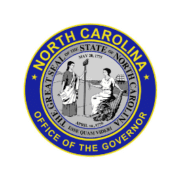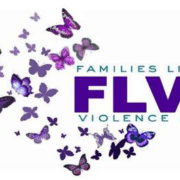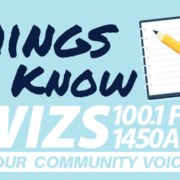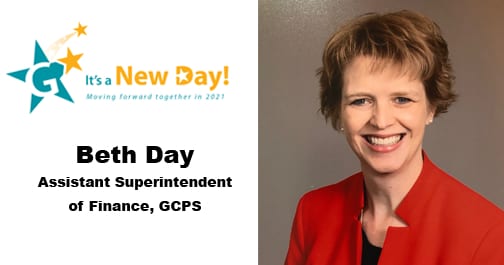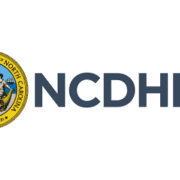— press release
RALEIGH, N.C. – In 2021, county boards of elections across North Carolina will conduct several important and required processes designed to keep the state’s voter rolls accurate and up to date.
These routine processes are required by state and federal laws. Accurate voter rolls are maintained by removing voters who have moved or died or are otherwise ineligible to vote in that jurisdiction.
Voter roll list maintenance is important because it ensures ineligible voters are not included on poll books, reduces the possibility for poll worker error and decreases opportunities for fraud.
As a result of these processes, the number of North Carolina voter registrations will decrease in the coming months. As of January 9, nearly 7.2 million voters were registered in the state.
[See Voter Registration Statistics]
[See “Maintaining the Voter Registration Database in North Carolina.” Updated July 27, 2017]
“The removal of voters who have moved and are no longer eligible to vote in that jurisdiction is a routine and important aspect of elections administration,” said Karen Brinson Bell, executive director of the State Board of Elections. “Before any voter’s registration is canceled, the county boards of elections attempt to contact the voter to allow them to confirm or update their registration.”
The following are details about three of the many list maintenance processes the county boards of elections will complete in 2021:
Biennial List Maintenance (No-contact process)
In the early part of every odd-numbered year, if a county board of elections has had no contact with a voter for two federal election cycles – a total of four years – and the voter has not voted during that time, it will send the voter a forwardable address confirmation mailing. The voter will be required to return the confirmation mailing within 30 days.
If the voter does not return the mailing, or the U.S. Postal Service returns it to the county board as undeliverable, then the voter’s record will be marked “inactive” in the state’s voter registration database. Inactive voters are still registered voters. If an inactive voter shows up to vote, the person will be asked to verify their address and update it, if necessary.
County boards will send mailings this year to voters with whom there has been no contact since October 12, 2018. Counties have started printing and mailing these notices, which must go out by April 15. More than 450,000 of these mailings are expected to be sent out statewide in 2021.
The registrations of these voters will be canceled if they do not confirm their registration by 2023.
Removal of Inactive Voters
County boards of elections also have begun to remove certain “inactive” voters from the rolls. Voters will be removed from registration lists this year after being sent a no-contact mailing in 2016. Any voter removed in this way would not have had any contact with their county board of elections for four federal election cycles, not voted in any election during that time and not responded to a confirmation mailing.
The State Board estimates about 380,000 inactive voters will be removed from the voter rolls in 2021.
Any removed registrant must be reinstated if the voter appears to vote and gives oral or written affirmation that the voter has not moved out of the county and has maintained residence continuously within the county. These voters’ votes will be counted absent evidence that they moved out of the county.
Voters may check their registration status at any time using the State Board’s Voter Search Tool: https://vt.ncsbe.gov/RegLkup/.
National Change of Address (NCOA) Mailings
In January and July of each year, the State Board provides the 100 county boards of elections with change of address data from the U.S. Postal Service. County boards must send voters in this dataset postcard mailings to the new address to confirm whether they have an unreported change of address for voting purposes.
These mailings allow voters to update their names or addresses within a county or notify the board of elections of a move outside of that county. The voter is asked to respond to the mailing within 30 days. If the voter does not respond, the voter will be mailed a traditional address confirmation notice to their existing mailing address.
If the voter does not respond to that notice within 30 days, the voter’s registration status will be changed to “inactive.”
If a voter is deceased, a near relative may use the mailing to report the death so the county board can cancel the registration.
Additional List Maintenance Efforts
N.C. elections officials also routinely remove voters who have died from the voter rolls. Death notifications are made available by the N.C. Department of Health and Human Services. County boards of elections also regularly remove voters who are convicted of felonies, using records from the N.C. Department of Public Safety and U.S. attorneys’ offices.
To learn more about registering to vote in North Carolina, visit: https://www.ncsbe.gov/registering.
N.C. Division of Motor Vehicles customers may register or update their registration online here: https://www.ncdot.gov/dmv/offices-services/online/Pages/voter-registration-application.aspx.



